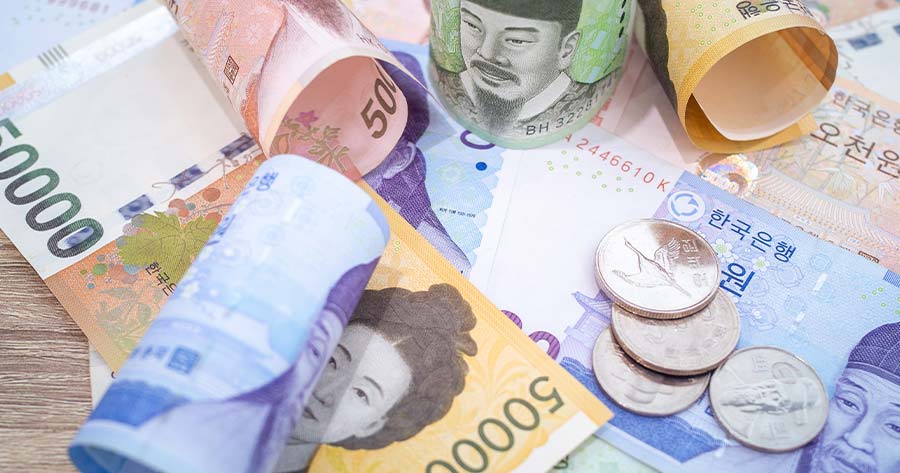South Korea saw a milder-than-expected cooling of consumer inflation in September, falling below the central bank’s target for the first time since early 2021, amid increasing anticipation of a forthcoming policy adjustment.
Data released by Statistics Korea on Wednesday revealed a 1.6% year-on-year increase in the consumer price index, a decrease from the 1.9% rise observed in August. This figure was lower than the median prediction of a 1.9% rise in a Reuters poll and represented the most subdued annual increment since February 2021.
The current reading also fell below the Bank of Korea’s medium-term objective of 2%, sparking discussions among policymakers and market participants about a potential interest rate reduction at the upcoming policy meeting scheduled for October 11.
Despite decelerating inflation and domestic demand, the BOK maintained interest rates at 3.50%, their highest level in 16 years, during the last meeting in August due to concerns surrounding financial stability risks linked to a booming housing market.
On a monthly basis, the CPI increased by 0.1%, a slower pace compared to the 0.4% growth seen in the previous month and below the 0.3% anticipated by economists. Notably, prices of petroleum products dropped by 4.1% and private services decreased by 0.4%, counterbalancing gains in agricultural products and public utilities.
The core CPI, excluding volatile food and energy items, surged by 2.0% year-on-year, a deceleration from the 2.1% uptick in the preceding month and the most sluggish rate recorded since November 2021.





